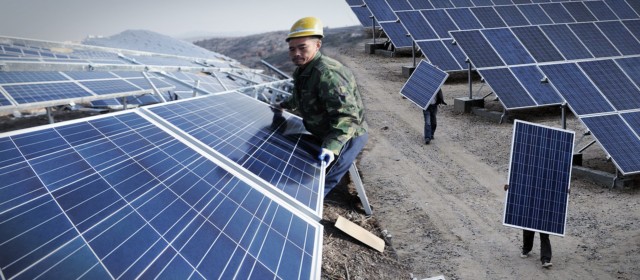President Trump came into office determined to change what he called unfair trade deals.
After first threatening to withdraw from the North American Free Trade Agreement, he agreed to talks aimed at making changes to the pact. Then late Monday, the administration announced tariffs on specific goods from China and Republic of Korea.
For more, CGTN’s Nathan King reports from the White House.
What will be the outlook of global and free trade? For a more in-depth discussion on the stuation:
- Richard Wolff, professor of economics emeritus at the University of Massachusetts in Amherst, and a visiting professor at New School University
- Manuel Suarez-Mier, former minister of Economic Affairs at the Mexican Embassy in Washington, D.C.
- Kristelle Audet, associate director of the Conference Board at Canada’s Global Commerce Centre
- Saruhan Hatipoglu, CGTN’s global economics analyst
For more:
Killing NAFTA would cost the United States 300,000 jobs, cut economic growth, hurt stocks and cause prices for consumer goods to rise, according to an analysis https://t.co/GOMgi8uBEx pic.twitter.com/96D5SIFgme
— CNN (@CNN) January 21, 2018
Asia protests at U.S. solar, washer tariffs, fears more to come https://t.co/ou9VeGsV8V pic.twitter.com/X0PlsbJWr1
— Reuters (@Reuters) January 23, 2018
Samsung Electronics says U.S. tariffs on washers a great loss for American consumers https://t.co/1utZd7efP7 pic.twitter.com/lM89G5elcq
— Reuters (@Reuters) January 23, 2018
"Trump's solar tariffs won’t boost the government’s bottom line" https://t.co/91an3U5KmX pic.twitter.com/OFx4fkObL1
— The Hill (@thehill) January 23, 2018
 CGTN America
CGTN America

